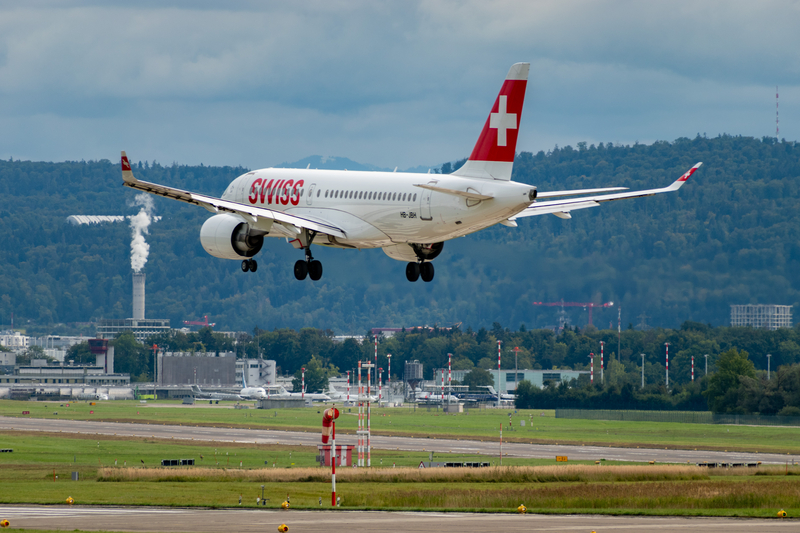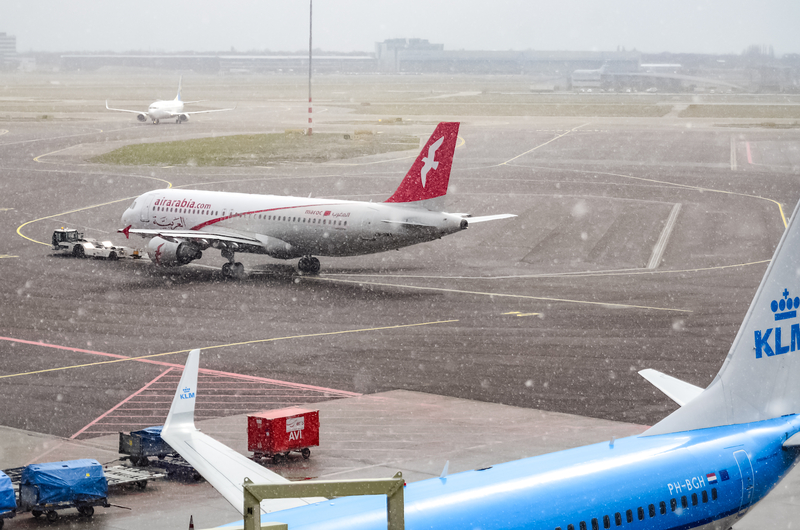Swiss Flight Attendant Dies Following In-Flight Smoke Incident

ID 345437969 | Swiss A220 © Robert Buchel | Dreamstime.com
Tragedy struck Swiss International Air Lines after a flight attendant succumbed to injuries sustained during a mid-flight emergency on December 23, 2024. The incident, which occurred aboard Swiss Flight LX1885, left the 23-year-old flight attendant with severe brain damage caused by a lack of oxygen. The flight, en route from Bucharest Henri Coandă International Airport (OTP) to Zurich Airport (ZRH), was forced to make an emergency landing in Graz, Austria (GRZ), after the cabin filled with smoke due to engine trouble.
The Incident: Smoke in the Cabin
Swiss Flight LX1885, operated by an Airbus A220-300 registered as HB-JCM, was carrying 74 passengers and five crew members when smoke reportedly began to fill the cabin mid-flight. The pilots immediately declared an emergency and diverted to Graz Airport (GRZ), where the aircraft landed safely. Emergency services assisted passengers and crew, 17 of whom required medical attention.
The flight attendant in question was among those affected most severely. Despite being provided with oxygen and medical support, she experienced significant hypoxia, or oxygen deprivation, leading to brain damage. She passed away in the hospital a week later, on December 30.
Cause of the Smoke and Investigation Progress
Preliminary findings indicate that a malfunction in one of the Pratt & Whitney engines powering the Airbus A220-300 was responsible for the smoke. Swiss International Air Lines has stated that the safety of its fleet, including the A220, is not under question but has promised full cooperation with investigators to determine the root cause.
The public prosecutor’s office in Graz has launched an investigation, focusing on the respiratory equipment used during the emergency. Authorities are working closely with Swiss International Air Lines, the aircraft manufacturer Airbus, and Pratt & Whitney to ensure thorough accountability.
Broader Implications for Aviation Safety
The death of the young flight attendant highlights the critical need for robust safety measures and efficient emergency protocols in aviation. While smoke in the cabin is a rare occurrence, it poses serious risks to passengers and crew. This incident has reignited discussions about the effectiveness of in-flight safety equipment, including oxygen masks, and the training provided to airline staff for such emergencies.
Swiss International Air Lines has expressed condolences to the family of the deceased and reiterated its commitment to the highest safety standards. The airline is also offering counseling and support services to affected passengers and crew.



